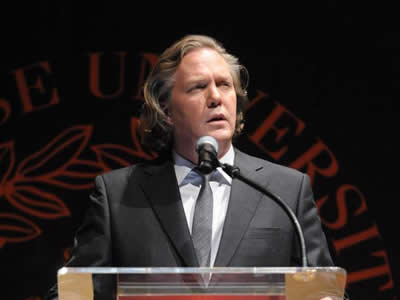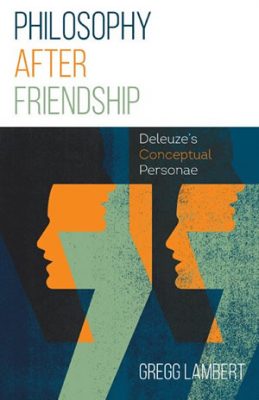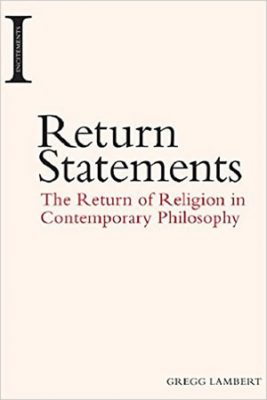Office of Community Engagement Hosts Events to Combat Food Insecurity
Recognizing that hunger impacts a growing number of Central New York families, the University’s Office of Community Engagement is partnering with the Salvation Army and other local organizations through its Food Insecurity Awareness Initiative to help families access the nutrition…



 “I’ve constructed a genealogy to show how political thought has been structured by the emergence of these ‘conceptual personae.’ I am redefining the goals of future political philosophy, while removing its justification for war,” he says.
“I’ve constructed a genealogy to show how political thought has been structured by the emergence of these ‘conceptual personae.’ I am redefining the goals of future political philosophy, while removing its justification for war,” he says. “Return Statements” also touches on some of these ideas, tracing the relationship between the resurgence of overtly religious themes in contemporary philosophy and the global “post-secular turn” that has been taking place since 9/11.
“Return Statements” also touches on some of these ideas, tracing the relationship between the resurgence of overtly religious themes in contemporary philosophy and the global “post-secular turn” that has been taking place since 9/11.